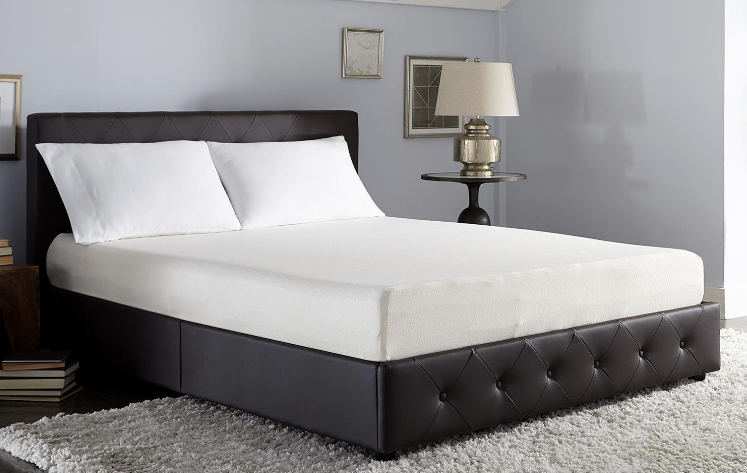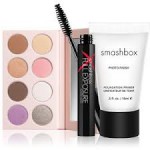Memory Foam Bed Pros and Cons
 by Elizabeth Vasquez
by Elizabeth Vasquez
Modern mattresses use groundbreaking materials and technologies to help us get the rest we need. Memory foam is one of the most popular choices nowadays – but maybe few of us know it was initially invented for NASA, in the 1960s. It was used for airplane seats because it’s made from viscoelastic, a substance which absorbs energy and it is also soft.
I’ve always admired the comfort of these mattresses. So, last year I decided to go ‘hunting’ for these beds. Of course, I love the way they mold to the shape of your body and then return to their original shapes. I also think that their quick response to heat and pressure is a significant advantage which contributes to the balanced distribution of body weight.
So, today I will talk about some of the pros and cons when it comes to these kinds of mattresses. Below, I’ve put together a short list of the most important arguments that will definitely be useful to you when you go shopping.
Pros
So, after using it for close to one year now, here are just some of the amazing things that I love about these beds:
Comfort: The molding foam reduces the pressure on your spine, and it helps to keep it aligned with your neck and hips; thus, it helps you to get a healthy sleep in a correct position.
Support: The dense foam layer plays a crucial role in supporting your body, as it prevents it from sinking too far down.
Motion transfer: I also found that its material can isolate motion, which is a big plus when sleeping with a partner or a pet.
Health improvements: Reports on the long-term use of memory foam mattresses show a significant decline of chronic back and neck pain. According to sleep expert advice, people who have allergies or other respiratory issues should use this type of mattress because the material is hypoallergenic and dust-mite resistant.
No noise: The memory foam mattresses are quiet. They do not have squeaks or creaks while you sleep at night thus being perfect for those sleeping next to a restless partner.
Simple maintenance: You don’t need to turn or flip such a mattress – they don’t sag. Just keep it clean and well-aired.
Longevity: Memory foam mattresses usually come with a 10 to 25 years warranty.
Cons
On the other hand, I noticed some discouraging factors. Take a look!
Weight: These mattresses are rather heavy and thus not easy to handle. But I believe this could be a problem only when you bring them home or move them to another place since you don’t have to turn or flip them regularly once they are placed in the bed frame.
Heat: The dense foam retains heat; thus the mattresses tend to be hotter than others. Modern products and technologies based on gel-infused materials are a solution to this problem.
Odor: I even discovered that the mattress has a strange, chemical smell which can induce headaches. Manufacturers say that it should go away in a few days – at most a few weeks, especially if the mattress is adequately aired. If it persists longer than that, you should contact the retailer.
All in all, the price of high quality memory foam mattresses can be a huge setback, especially when compared to other mattress types. But think of it as a long-term investment in your health and wellbeing. And if you’re looking for a good deal, try shopping online. Virtual retailers have attractive discounts and they also offer a trial period (60 to 100 nights) so that you could test the product and choose to keep it only if you are satisfied with it.























